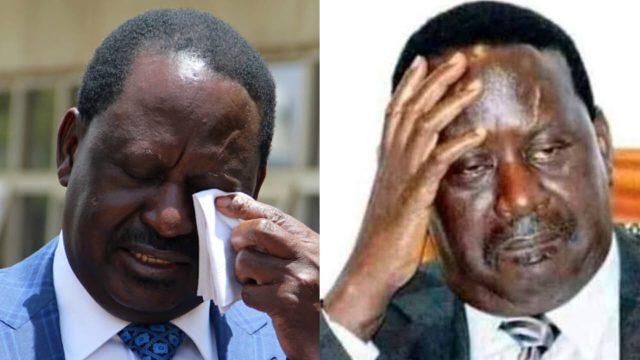Raila Odinga’s bid for the African Union Commission (AUC) chairperson was officially launched on August 27, 2024, in Nairobi, with strong support from six East African leaders, including those from Kenya, Uganda, and Tanzania.
Kenyan President William Ruto praised Raila as a visionary leader capable of advancing Africa’s integration and development. READ FULL STORY
Raila emphasized his commitment to making the AUC more people-centered and addressing challenges like poverty and conflict.
He aims to eliminate trade barriers and enhance cooperation across the continent if elected, competing against three other candidates for the position.
However, it is important to note that Raila is facing a strong opposition in Djibouti’s Foreign Minister Mahmoud Ali Youssouf’s candidature.
Countries that are least likely to vote for Raila Odinga
In the upcoming AUC chairperson elections, several countries may be less inclined to support Raila’s candidacy.
One significant bloc is the Francophone nations, which are likely to rally behind Djibouti’s candidate, Youssouf.
Countries such as Senegal, Ivory Coast, and Cameroon have historical ties to France and often align their foreign policies with French interests.
Given the influence that France wields in these nations, it is plausible that they will prioritize supporting a candidate who is perceived as more aligned with their political and diplomatic goals.
Additionally, Central African states may also show reluctance in backing Raila.
Countries like Chad, Gabon, and Burkina Faso have their own regional dynamics and political alliances that could influence their voting decisions.
In many cases, these nations have historically favored candidates who can offer them strategic partnerships or economic benefits.
Given that Djibouti has positioned itself as a diplomatic hub and has been actively involved in regional peacekeeping efforts, these Central African countries might see Youssouf as a more viable candidate to represent their interests on the continental stage.
How do AUC elections work?
AUC elections involve selecting the Chairperson, Deputy Chairperson, and eight Commissioners.
The Assembly of Heads of State and Government elects the Chairperson for a four-year term, renewable once, based on principles of regional rotation and gender parity.
Each region – Northern, Southern, Eastern, Central, Western Africa – submits candidates, ensuring equitable representation.
Elections are conducted via secret ballot, requiring a two-thirds majority for selection.
If no candidate achieves this after three ballots, the process continues with the top candidates until a decision is reached.







